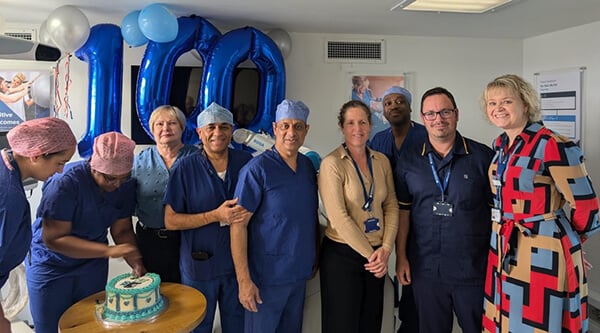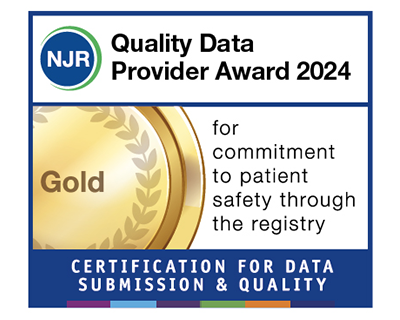Colonoscopy
A colonoscopy is a diagnostic test that looks at your colon. It’s normally recommended if you’ve persistent diarrhoea, a change in your bowel movements, bleeding or mucus from your back passage or pains in your lower tummy.
A colonoscope is a long, thin, flexible telescopic camera. Your gastroenterologist will request a colonoscopy to look at the lining of your large bowel, also known as the colon and rectum. The colonoscopy is usually done as an outpatient or day case procedure and takes about half an hour. It can be used to find out more about the symptoms you are having, to check for cancer or as part of bowel cancer screening.
Your colonoscopy may confirm conditions such as Crohn's disease, ulcerative colitis, bowel polyps and bowel (colorectal) cancer.
Gastroscopy
A gastroscopy, also known as an upper gastrointestinal endoscopy, is a procedure that allows your consultant to see inside your oesophagus (gullet), stomach and first part of your small intestine (duodenum).
It’s normally performed as a day case procedure using local anaesthetic. A thin, flexible tube with a camera and light source is passed through your mouth and allows your specialist to see any abnormalities in the oesophagus, stomach and duodenum. For example, if there’s any damage to the lining of your oesophagus or stomach or if there are any ulcers in the stomach or duodenum.
Patients often have a gastroscopy examination to investigate their indigestion symptoms.
Endoscopy
An endoscopy allows your consultant to look inside your body using a long, thin, flexible tube that has a light source and camera, called an endoscope.
Flexible sigmoidoscopy
A flexible sigmoidoscopy is an examination used to look inside your rectum and lower part of your bowel. It involves carefully inserting a thin, flexible, tube-like telescope called a sigmoidoscope into your back passage. A flexible sigmoidoscopy test typically takes about 15 minutes and is performed as an outpatient procedure.
It’s used if you’ve symptoms such as changes in bowel habit or rectal pain to find out their cause and check for inflammation, early signs of cancer and polyps. Biopsies can also be taken during a flexible sigmoidoscopy exam. Polyps may be removed and haemorrhoids treated during the procedure.
LINX procedure
The LINX system is a new treatment option for gastro-oesophageal reflux disease (GORD), a common condition where acid from the stomach leaks up into your oesophagus. Symptoms of GORD include heartburn and an unpleasant taste in the back of your mouth. It’s often caused because the ring of muscle at the bottom of your oesophagus has become weakened.
Laparoscopic insertion of a magnetic bead band (LINX) implants a ring of magnetic beads around the lower part of the oesophagus to strengthen it and help keep it closed when not swallowing and creates a barrier to the reflux of acid and bile.
Please call 01536 614 563 for further advice on available treatments


